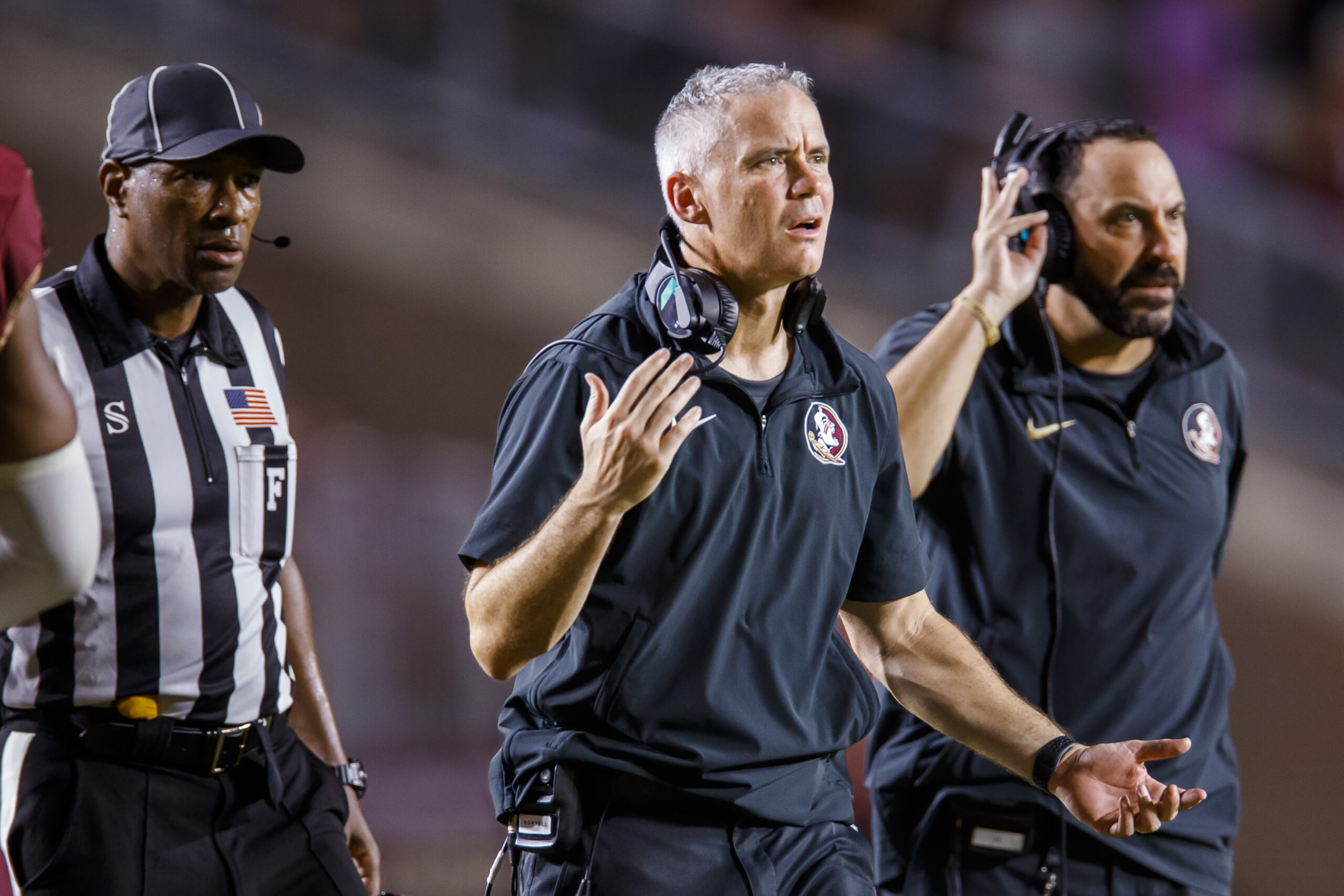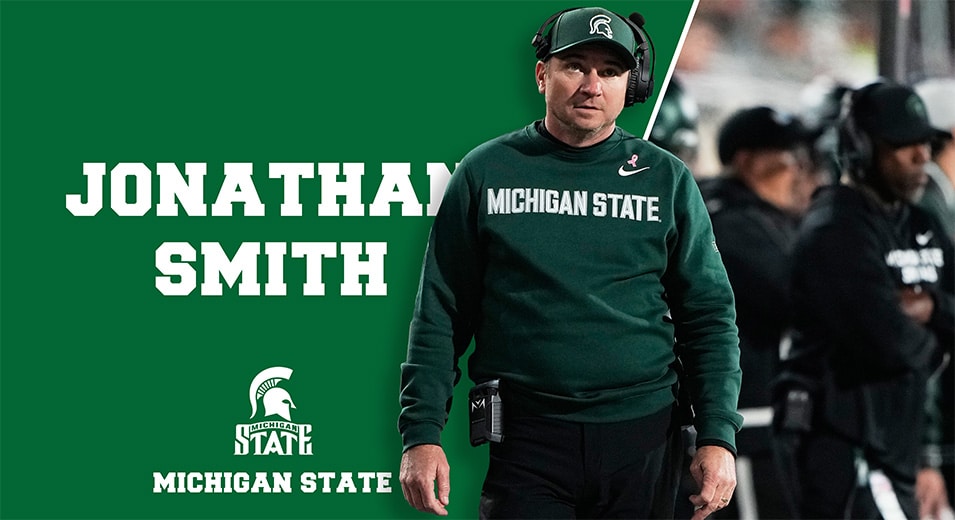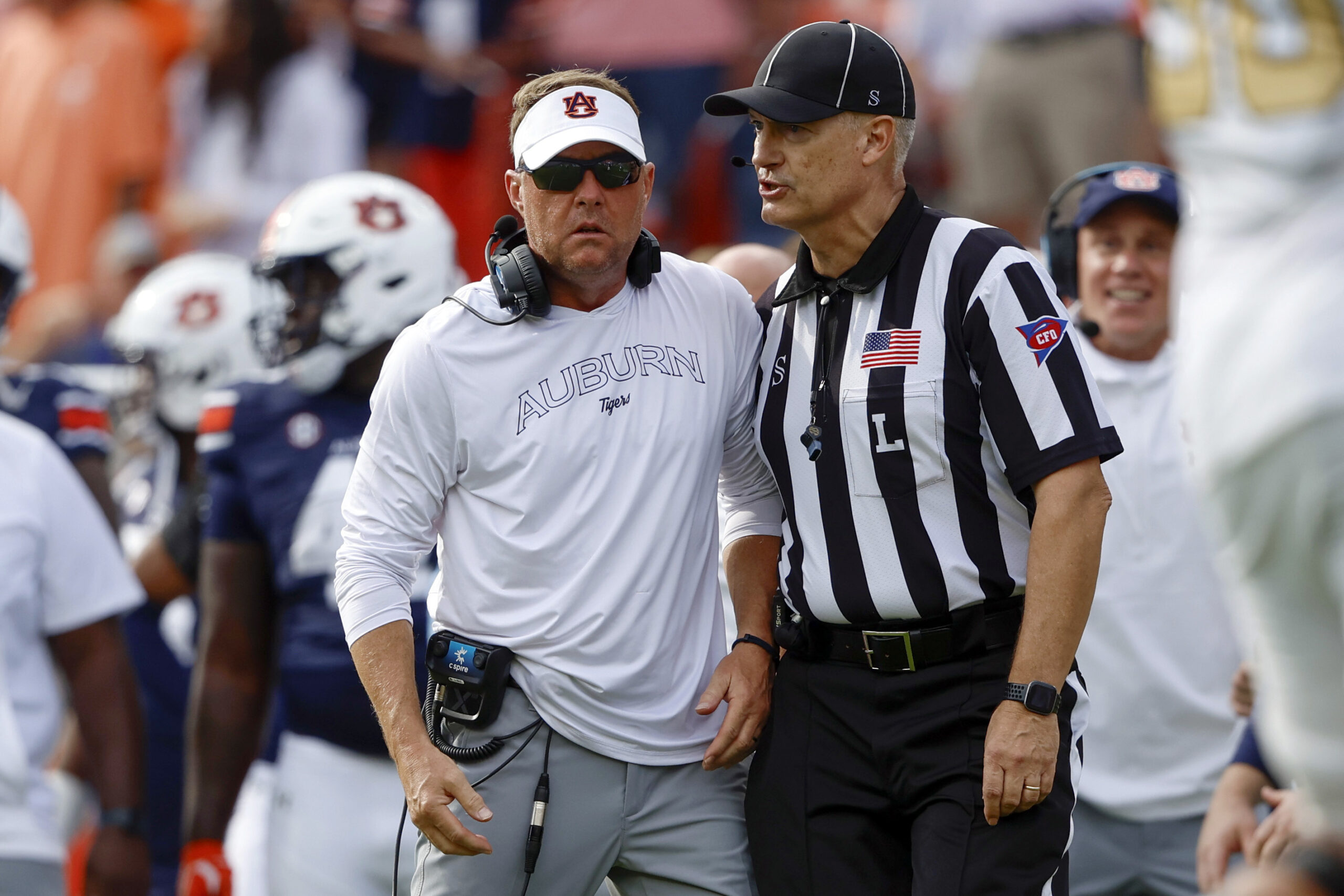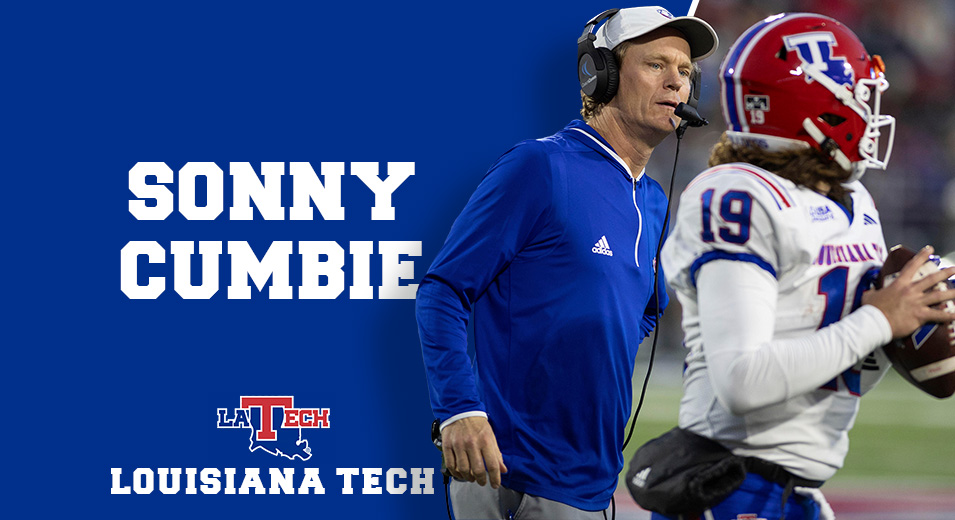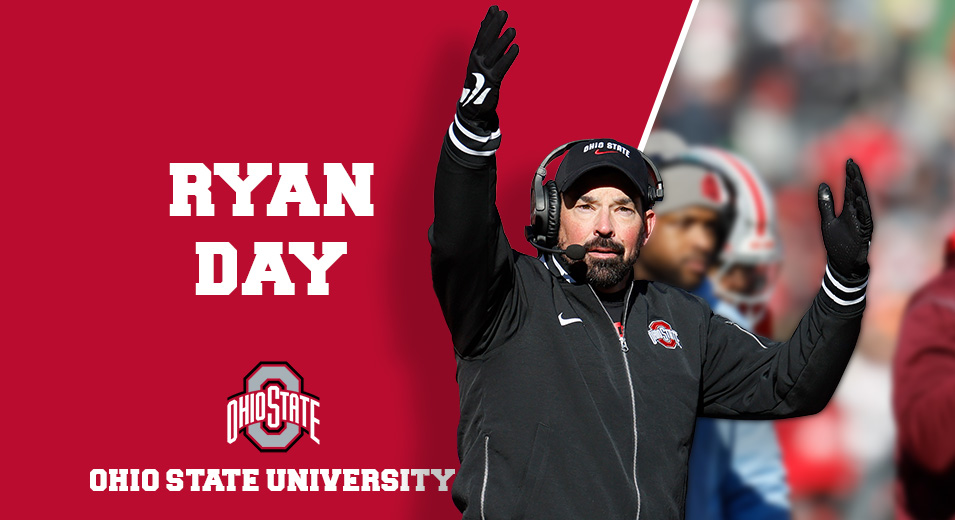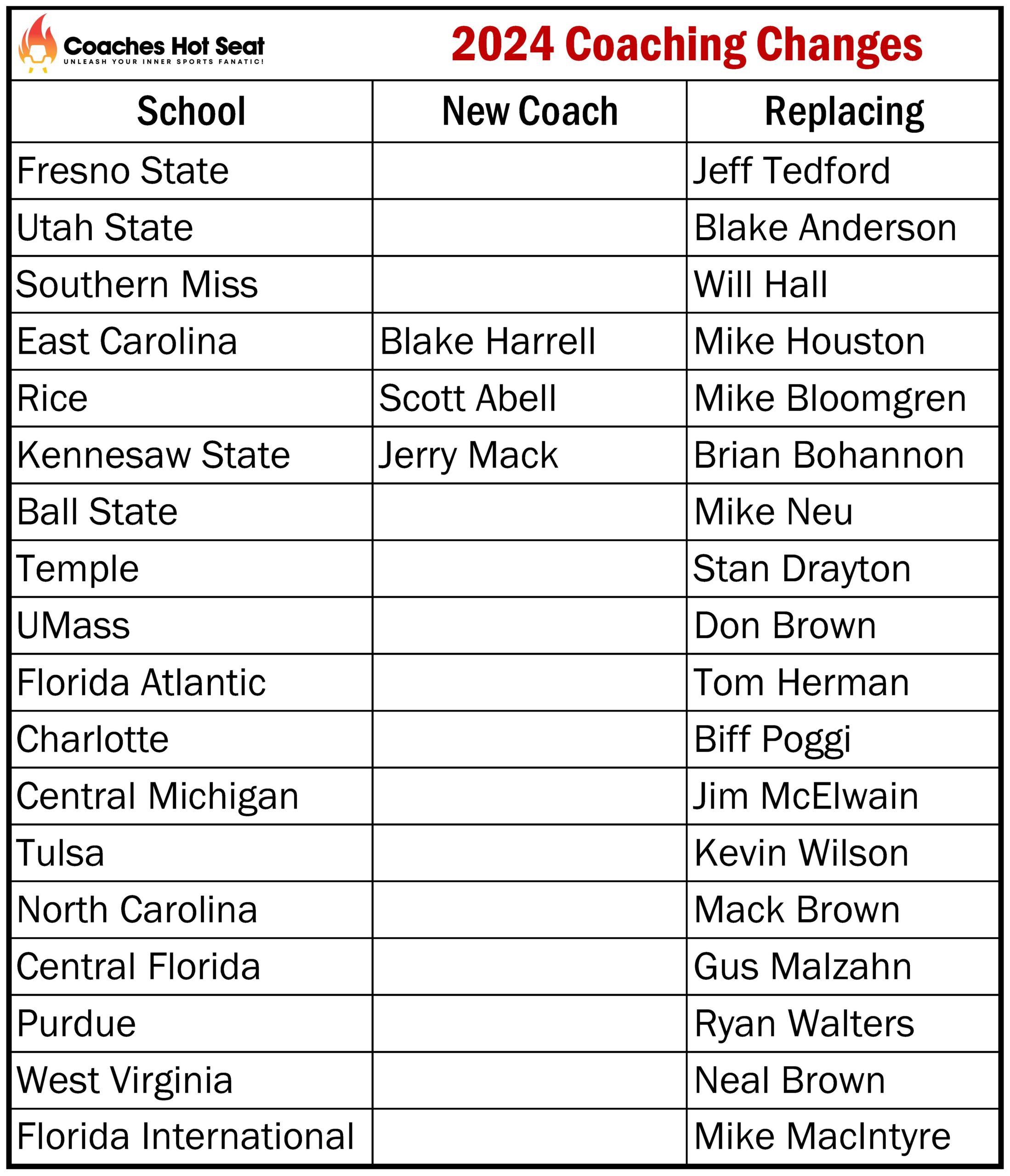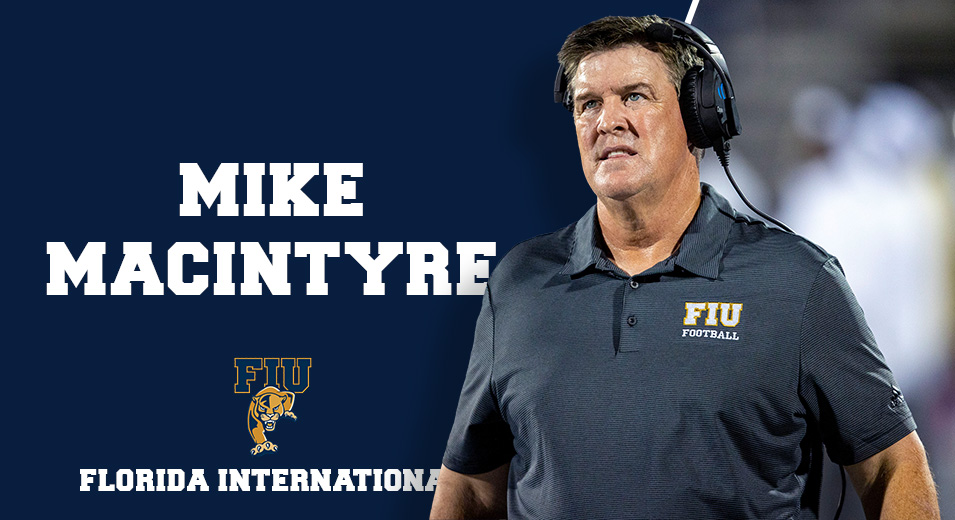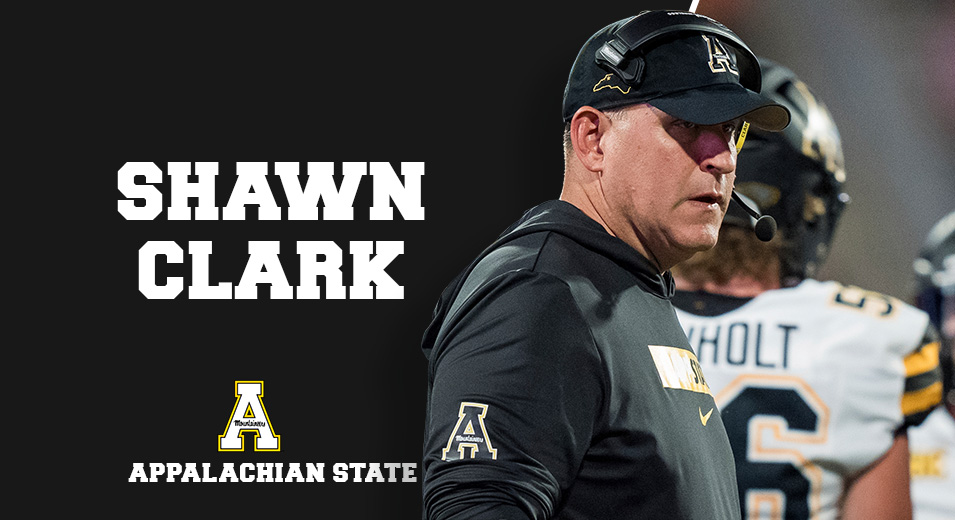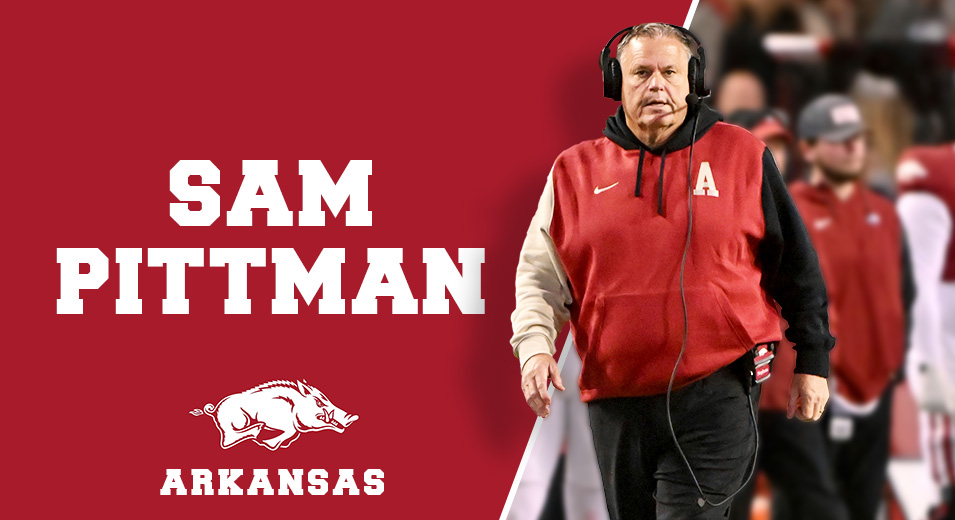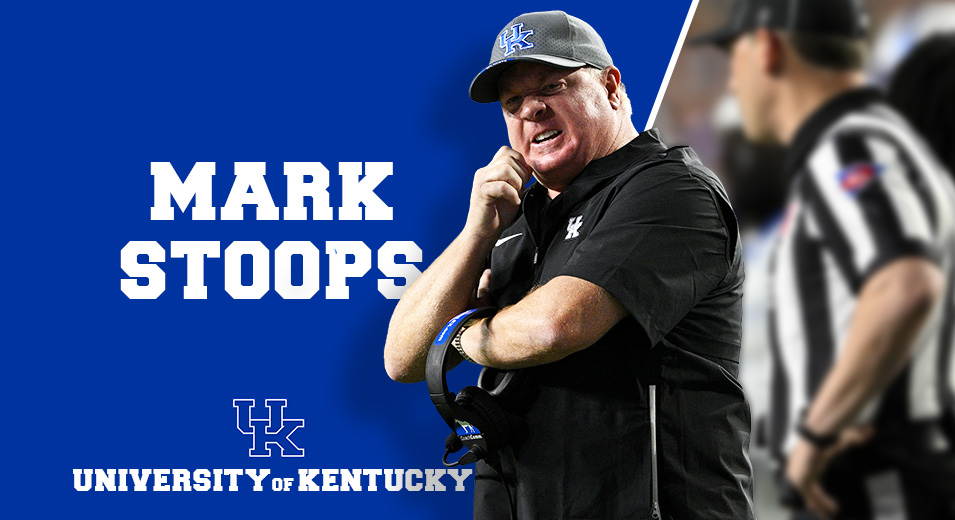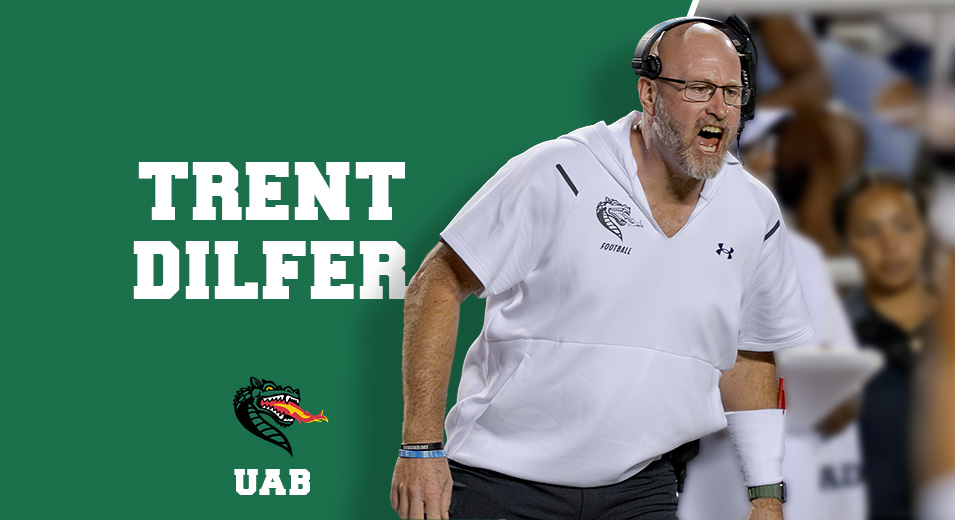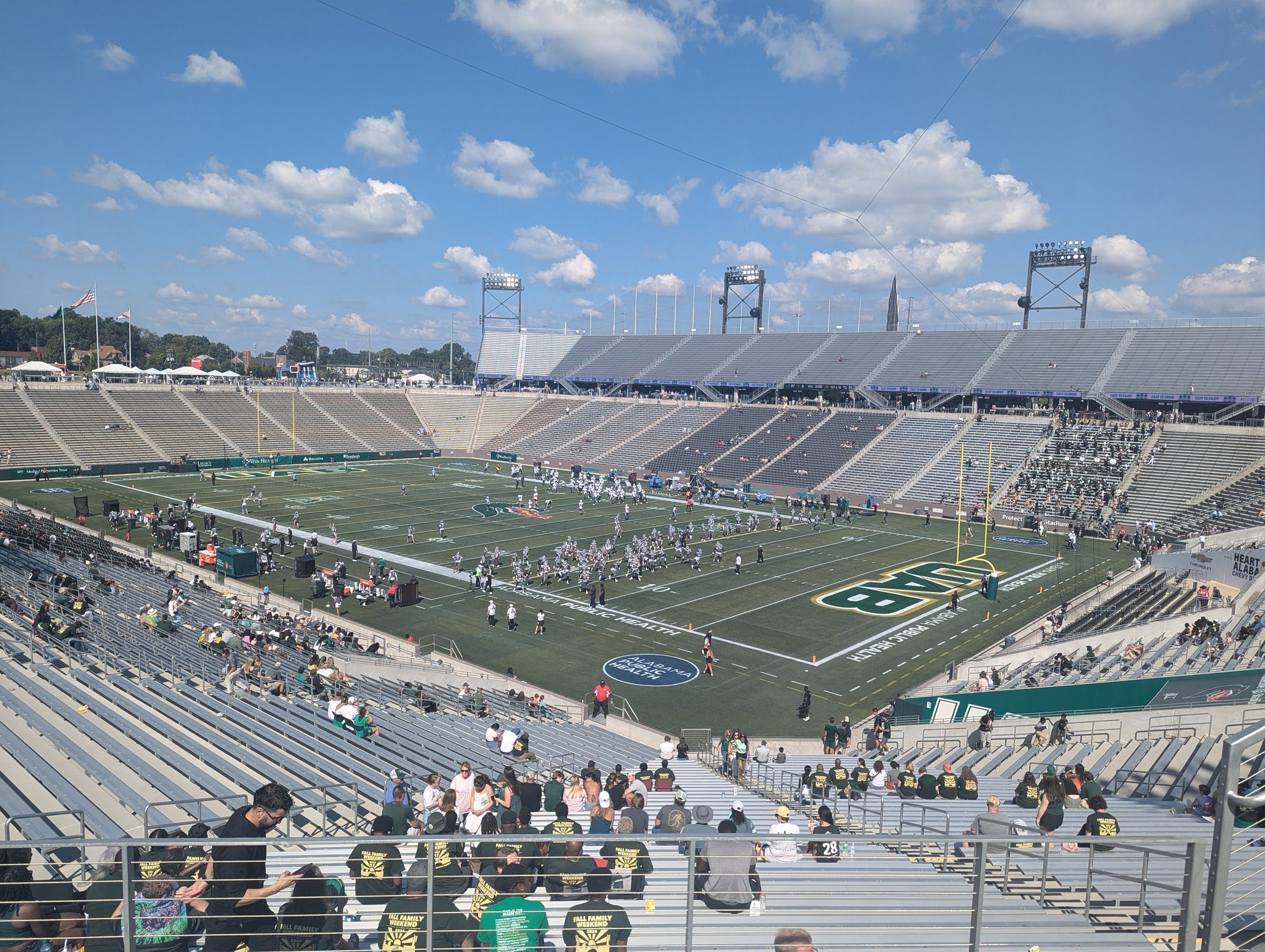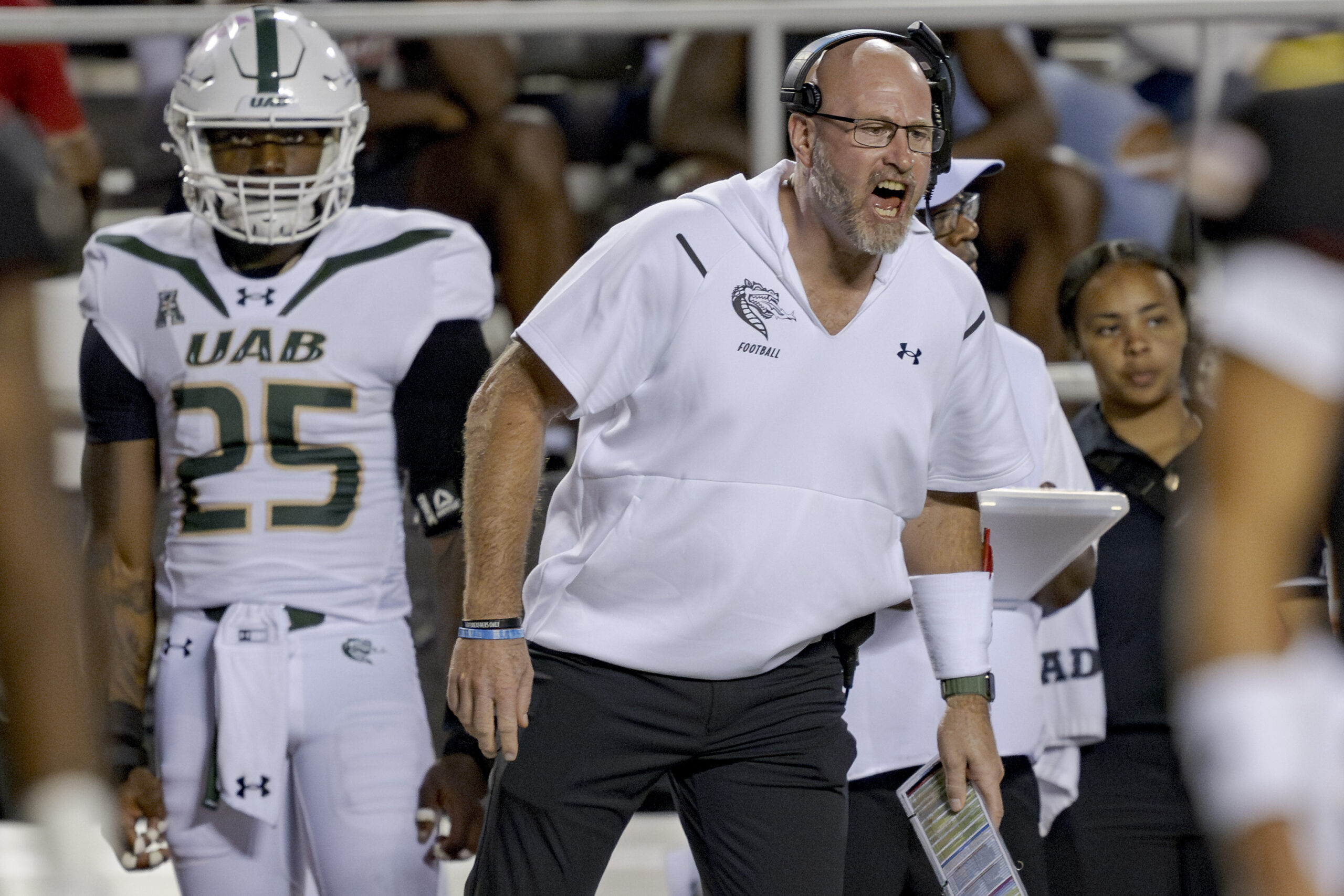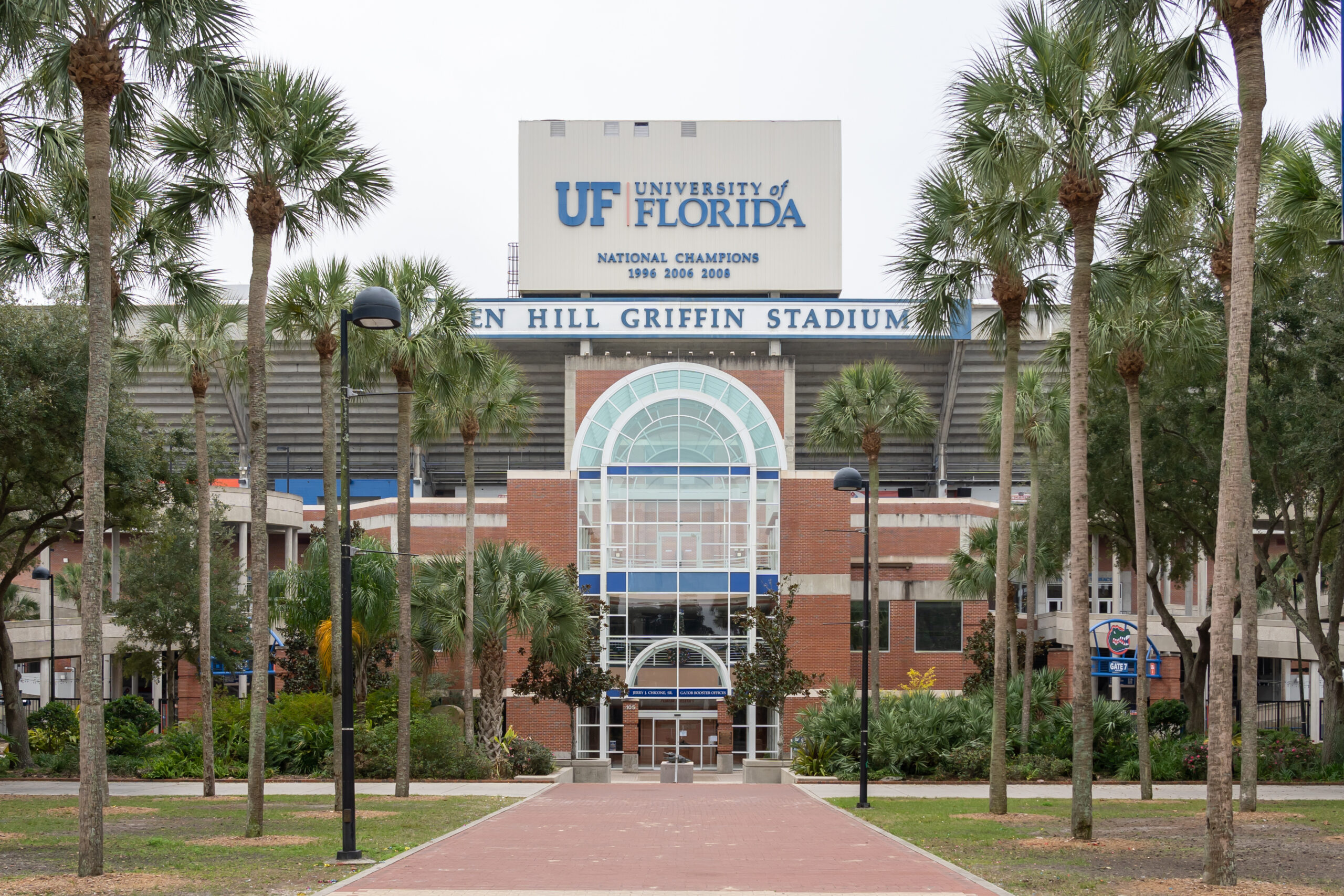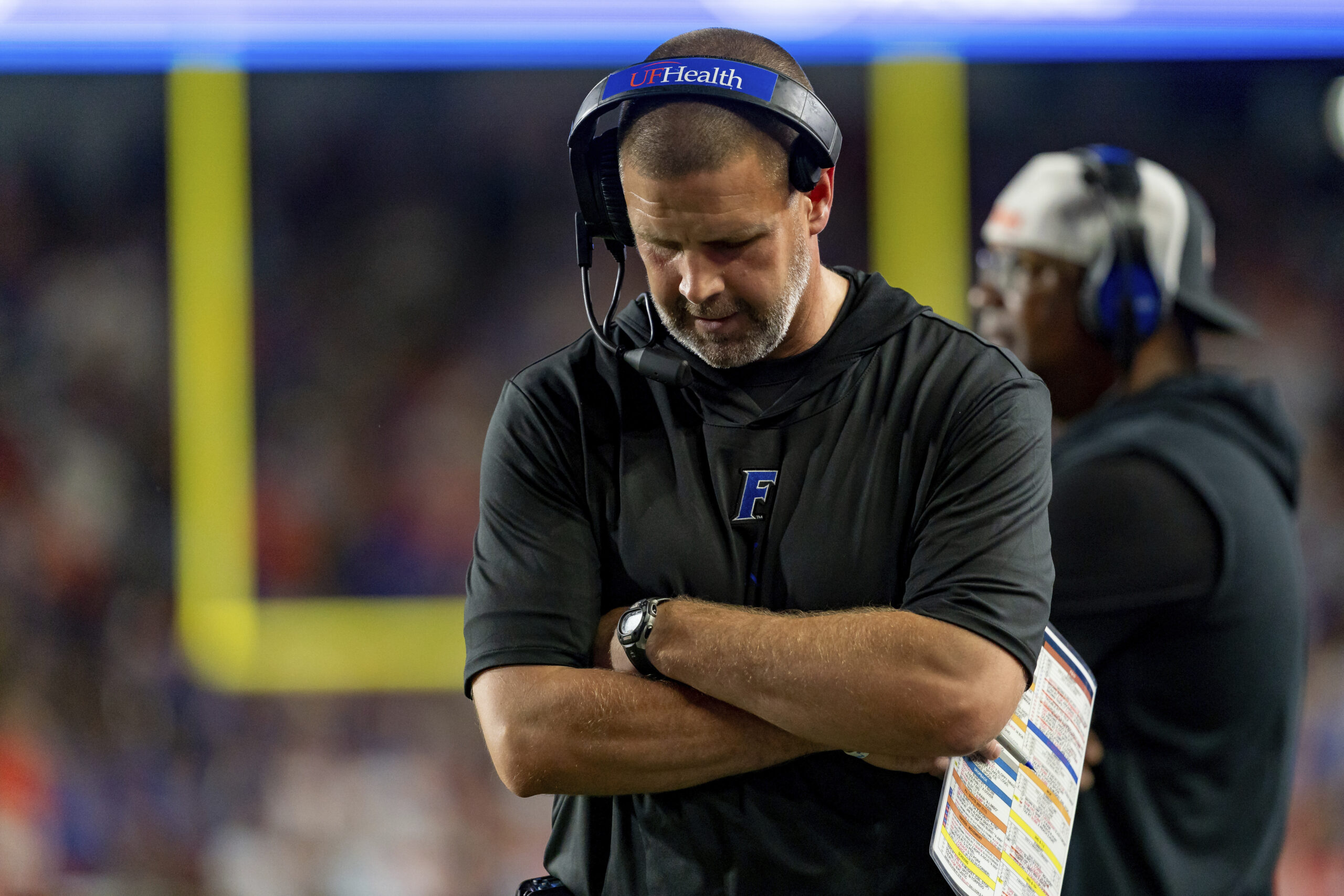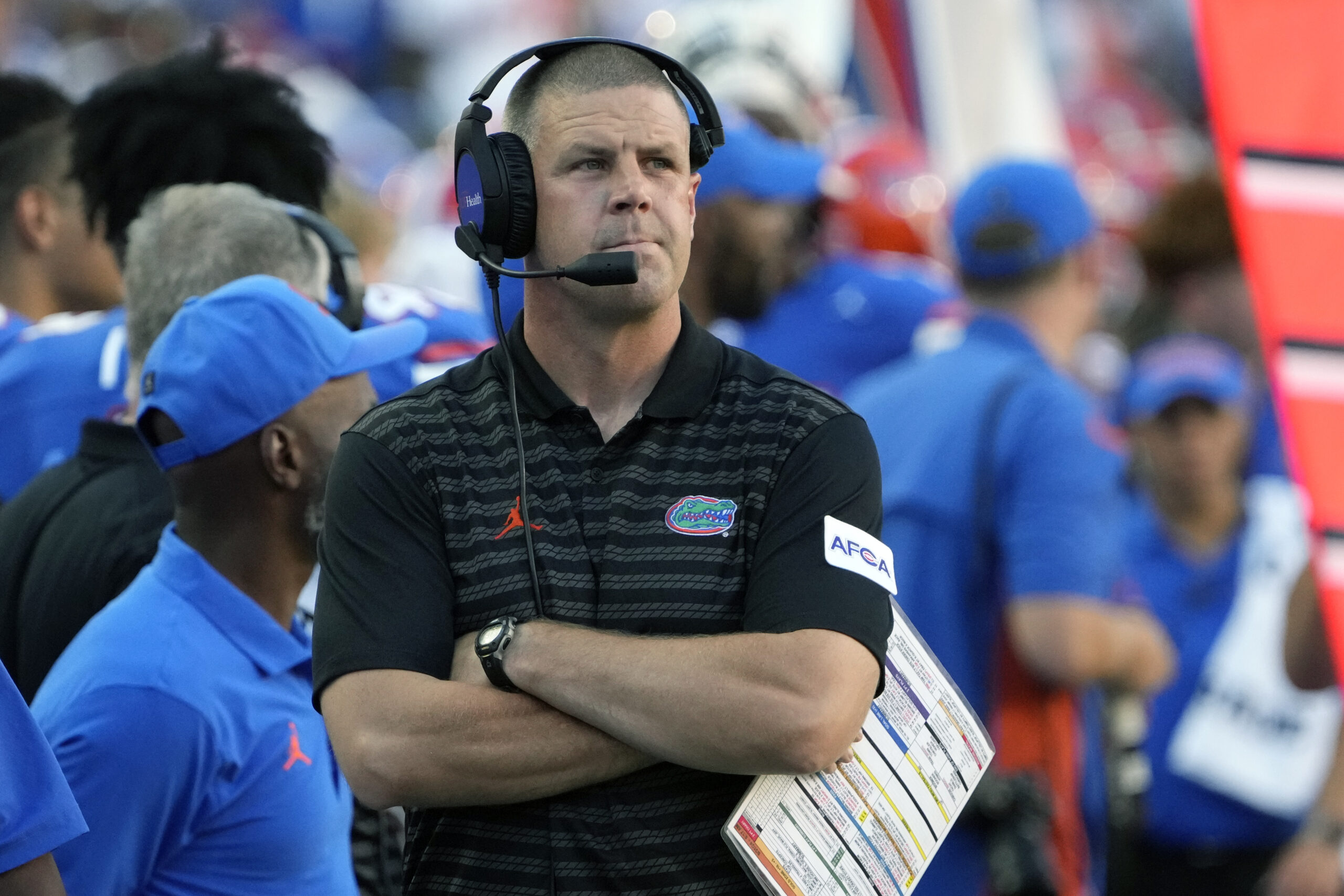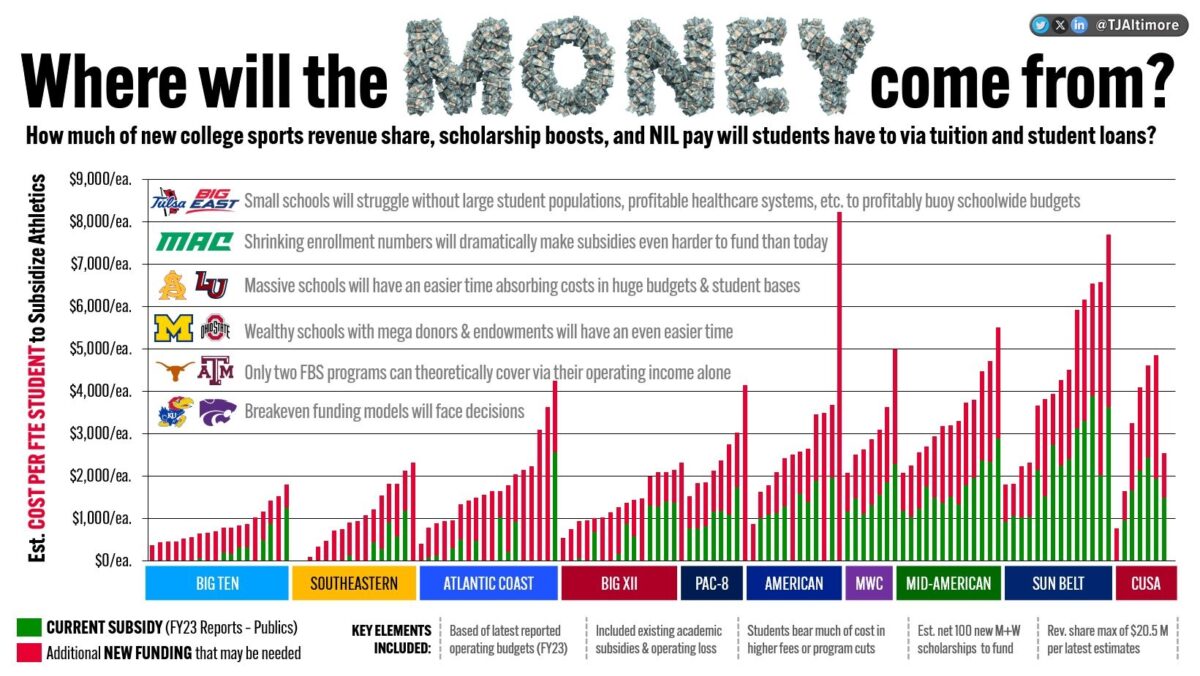
Blog Article
Week 12 Hot Seat Rankings Reveal The New Math of Firing Coaches: When Balance Sheets Trump Box Scores
Graphic by Tony Altimore @TJAltimore on X
When Money Changes Everything: College Football’s New Math
If you want to understand what’s happening in college football right now, forget about the polls, the playoff rankings, and even the win-loss records. Instead, study Tony Altimore’s (@TJAltimore on X) financial visualization of athletic department debt. This document looks less like a sports analysis and more like a hedge fund’s risk assessment of distressed assets. What Altimore has captured, in clean lines and horrifying clarity, is the moment when college football’s financial chickens have come home to roost.
The numbers are staggering enough to make a Wall Street quant nervous. Major athletic departments have the kind of revenue shortfalls that would make a leveraged buyout specialist think twice, all while trying to maintain the facade that their business model isn’t fundamentally broken. Our Hot Seat Rankings arrive in this financial maelstrom, a list that increasingly reads like a collection of toxic assets nobody knows how to value.
Consider the range of buyouts in play: Marshall could rid itself of Charles Huff for the price of a mid-level administrator’s salary ($125,917), while Baylor would need to liquidate the equivalent of a small endowment ($20-25 million) to move on from Dave Aranda. In any rational market, these numbers represent the cost of doing business. But in 2024’s college football economy, where athletic departments are juggling NIL collectives, revenue sharing, the House Settlement, facility arms races, and operational deficits that would make a venture capitalist blanch, even UMass’s relatively modest $800,000 obligation to Don Brown looks less like a buyout and more like a luxury they might not be able to afford.
We’re witnessing the emergence of a new market inefficiency: coaches who become unsackable not through their success but through the financial implications of their failure. In a world where half our Hot Seat candidates owe their job security to their buyout clauses rather than their win percentages, we’ve entered a realm where being too expensive to fire has become its own kind of competitive advantage.
Welcome to college football’s new normal, where balance sheets matter more than playbooks, and the most important numbers aren’t on the scoreboard but in the fine print of contracts that increasingly look like they were designed by derivatives traders rather than athletic directors.
Here’s our Top 10 for this week, plus a little insider information on each:
1. Don Brown – UMass
Don Brown sits atop college football’s hot seat list in a way that perfectly captures the industry’s bias for action over patience. UMass administrators, energized by their MAC invitation and staring at a manageable $800,000 buyout, seem eager to start fresh before the 2025 conference transition. The kind of institutional momentum creates its own gravity – the desire to make a splashy hire before joining a new conference to signal ambition and commitment to a brighter future. But there’s a fascinating market inefficiency at play here that nobody’s talking about: Brown might be the rare coach whose value to the program is about to increase precisely when they’re most inclined to remove him. His decades of MAC experience as a defensive coordinator at Central Michigan and Connecticut (during its MAC era) and his deep New England recruiting roots represent institutional knowledge that money can’t easily buy. UMass is preparing to make a classic institutional mistake: paying to remove expertise they’ll need to acquire again, all in service of a fresh start that might not be as fresh as they imagine. After all, the next coach will face the same fundamental challenges – navigating one more year of independence before transitioning to the MAC – with less experience in both contexts.
2. Charles Huff – Marshall
Huff’s position has improved slightly with a recent win, but he is in year 4 of a 5-year contract, and his small $125,917 buyout means Marshall could make a change without significant financial strain. His hot seat status remains high, though the recent win may have bought him some time.
3. Stan Drayton – Temple
This week, a 52 – 6 loss to Tulane has intensified the pressure on Drayton. With no specified buyout disclosed, Temple might have flexibility in making a coaching change if they decide to go that route. The program’s struggles in the American Athletic Conference likely contribute to his hot seat status.
4. Trent Dilfer – UAB
Dilfer’s hot seat status has worsened with another loss. His $4,116,667 buyout is significant for UAB, which might give him more time. However, his unusual comments, media interactions, and poor on-field results have quickly put him in a precarious position despite being only in his second year.
5. Dave Aranda – Baylor
Despite a bye week, Aranda remains on the hot seat. His substantial $20-25 million buyout is a major factor in Baylor’s decision-making process. Recent wins have improved his standing, and there’s an industry consensus that he’s trending towards returning in 2025, partly due to the financial implications of a coaching change.
6. Sam Pittman – Arkansas
Sam Pittman moves down to #6 on our Hot Seat Rankings in what might be college football’s most emotionally complicated coaching situation. He’s the kind of figure who makes fans want to invite him over for dinner while simultaneously wanting to throw their remote through the TV during games. His Arkansas team has shown improvement this year, but in a way that feels like watching a gifted student consistently turn in C+ work – there’s something both promising and maddening about it all. The blowout loss to Ole Miss exposed the fundamental disconnect: a team with SEC talent playing with the discipline of a midnight pickup game. And here’s where it gets interesting – and credit to Jackson Collier of the Hardwood Hogs Podcast (@JCHoops on X) for surfacing a contract provision that adds another layer to this Southern football soap opera: If Pittman can scrape together seven wins between Louisiana Tech and one more victory (including a potential bowl game), he triggers an automatic raise and extension. It’s the kind of clause that transforms Arkansas’s $10 million buyout decision from merely expensive to existentially complex. The boosters’ dilemma is almost Shakespearean: How do you fire someone everyone likes who’s making the team better but not as much better as it should be? Especially when the cost of doing so keeps threatening to go up?
7. Sonny Cumbie – Louisiana Tech
A loss this week has likely increased the pressure on Cumbie. With a $1,625,000 buyout, Louisiana Tech has some flexibility if it chooses to make a change. The program’s performance in Conference USA will determine his future.
8. Kevin Wilson – Tulsa
Wilson’s first season at Tulsa has been challenging, but a recent comeback win against UTSA may have improved his standing. His buyout details aren’t specified, but Tulsa’s financial situation and patience with new coaches could influence his job security.
9. Ryan Walters – Purdue
Despite the most recent 45-0 loss to Ohio State, reports suggest Walters is expected to get more time at Purdue. His $9,590,625 buyout and the administration’s recognition of NIL challenges in the Big Ten could provide him additional job security despite the team’s struggles this season.
10. Hugh Freeze – Auburn
Freeze’s $20,312,500 buyout is a significant factor in his job security. Auburn’s recent performance and Freeze’s past success at Ole Miss are considerations. While he’s on the hot seat, the financial implications of a coaching change might give him more time to turn the program around.
What’s your take? Let us know here
